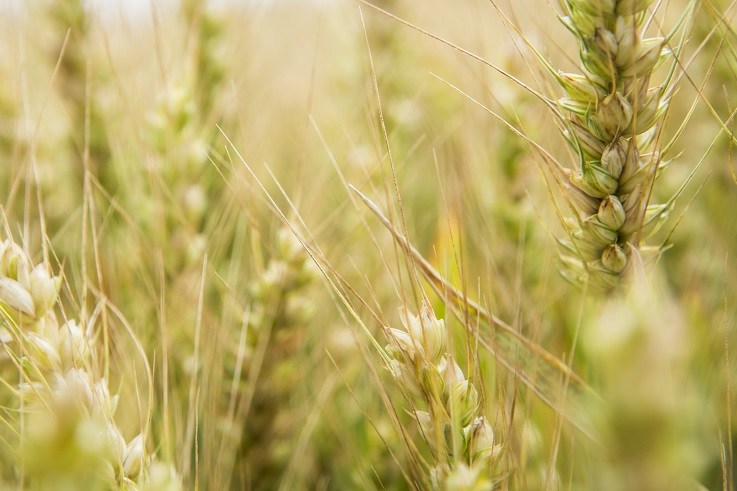A healthy and balanced diet is the foundation for a long and fulfilled life. Research suggests a healthy diet is one which is made up of large amounts of whole grains, vegetables, fruit, and legumes. Yet, despite the many health benefits associated with whole grain, consumption is still worryingly low.
The company’s call to governments reflects CPW’s purpose to Make Breakfast Better and is in line with their work over two decades to achieve their 2023 commitments - ensuring whole grain is the main ingredient in over 99% of ready-to-eat breakfast cereals for children and teenagers, and 100% of cereals carrying the green banner made with a minimum 8g of whole grain per serving.
Emily Thomas, President and CEO of CPW said, “Whole grain has been shown to have a host of health benefits at every life stage. There is evidence to suggest that simple steps such as guidance on recommended whole grain intakes and clear information on where to find it can make a real difference to consumption levels, impact on health and long-term behavior change. We want to support our industry partners and governments in ensuring whole grains can become a staple part of diets for everyone”.
Measures to increase whole grain consumption
CPW is calling for governments and policy makers to consider three measures to help increase consumption of whole grain in their countries.
• Putting in place a legally endorsed definition of whole grain as a food ingredient – currently the definition is generic, leading to confusion with consumers about the quantity and quality of grain present.
• Consistency in dietary guidelines with an emphasis on optimal daily intake for whole grain. Today, there is little uniformity among food-based dietary guidelines between countries. Greater focus on whole grains is needed both in the guideline daily amount and the supporting images.
• Helping people easily find whole grain in their diet through a universally recognised distinctive label – these labels should highlight both the health and environmental benefits of whole grain.
International Whole Grain Day
CPW’s call comes as part of an ongoing campaign to support International Whole Grain Day.
At the centre of this year's celebrations on 15th November, the Whole Grain Initiative (WGI) and a host of leading organisations, distinguished speakers from academia and important nutrition/health associations will convene at the EU Parliament to explore how to “empower next generations with whole grain.”
The webinar, held at 4pm CET, will serve as an incubator for exchanging inspiring whole grain best practices as well as featuring panel discussions on nurturing sustainable food habits already from an early age. The event will end with an open Q&A session.
Promoted by Cereal Partners Worldwide


